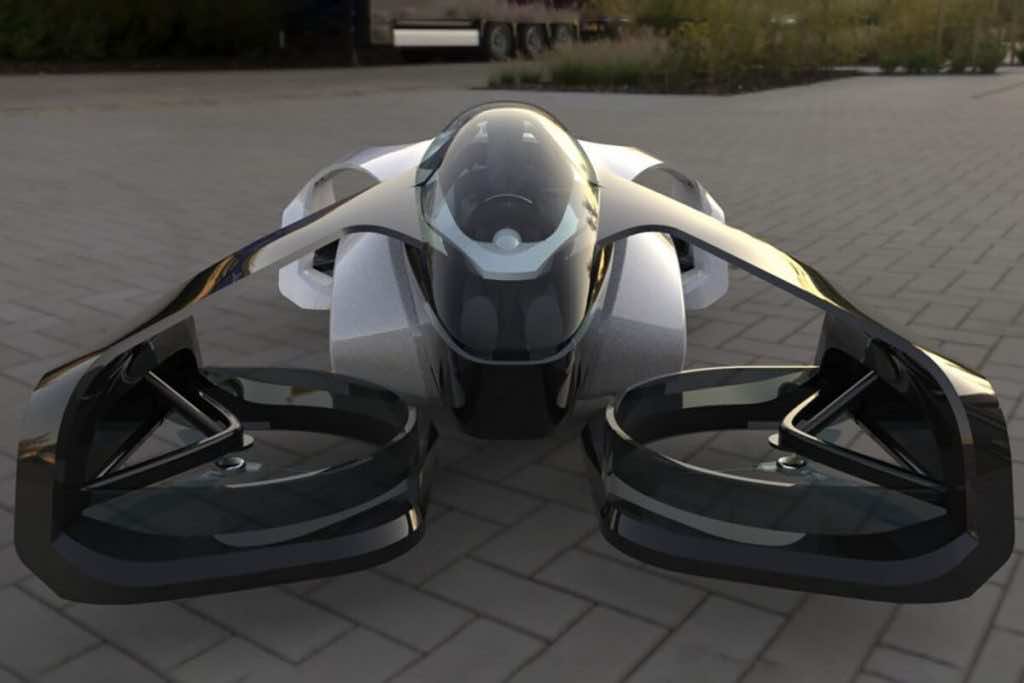According to the credible sources, flying cars will be Suzuki’s fourth mobile industry, following autos, motorcycles, and motorboats. Increasingly manufacturers are providing their flying cars as the flying car market grows. Other firms working on this class of vehicle include Jetson Aero, a Swedish startup, with its Jetson One flying car, Renault with its Air4 flying car, and The Arsenale, a Miami-based design company.
SkyDrive, a Japanese eVTOL startup, has launched a cooperation with Suzuki to collaborate on the design and comprehensive manufacturing of a “compact, two-seat electric-powered flying car,” which it will proudly display at the 2025 Osaka World Expo. Suzuki, despite focusing on the automobile, motorcycle, ATV, marine, and engine industries, is a larger firm than it appears, shipping about three million units and generating nearly US$29 billion in revenue in 2020. In 2017, it was the 11th largest carmaker in terms of automobile production. However, the transition to electric power has been slow.
The company stated in a media release that it was the world’s largest first four-seater flying taxi that could switch from road to aerial mode in three minutes. For downtown area, it could also shuttle passengers up to 500 kilometers. Flying cars are a reality that could be commercialized in the coming few years, revolutionizing how people have to travel, work, and enjoy in the decades ahead. Breakthroughs in battery based energy storage, materials chemistry, and computational modelling have facilitated the growth of several types of flying vehicles, ranging from electric gliders to quadcopter drones and fixed-wing planes.
While todays modern flying cars may not resemble those depicted in science fiction novels or books, they are not far behind. The rotors on these flying cars allow for vertical takeoff and landing. Adjustable rotors allow for more efficient progressing flight over longer distances, while multi-rotor flying cars are smoother during hover flight. Another important thing to take away from the news is that Suzuki is focusing on market growth in India, a country where electric vehicles are still in their beginnings.
Currently, flying vehicles can cost hundreds of dollars each ticket, but as the business becomes more competitive, manufacturers hope to lower the price. Their objective isn’t only to make flying cars a novelty for the privileged, but to embed them into society so that anyone in a city can choose to fly as a mode of transportation.

